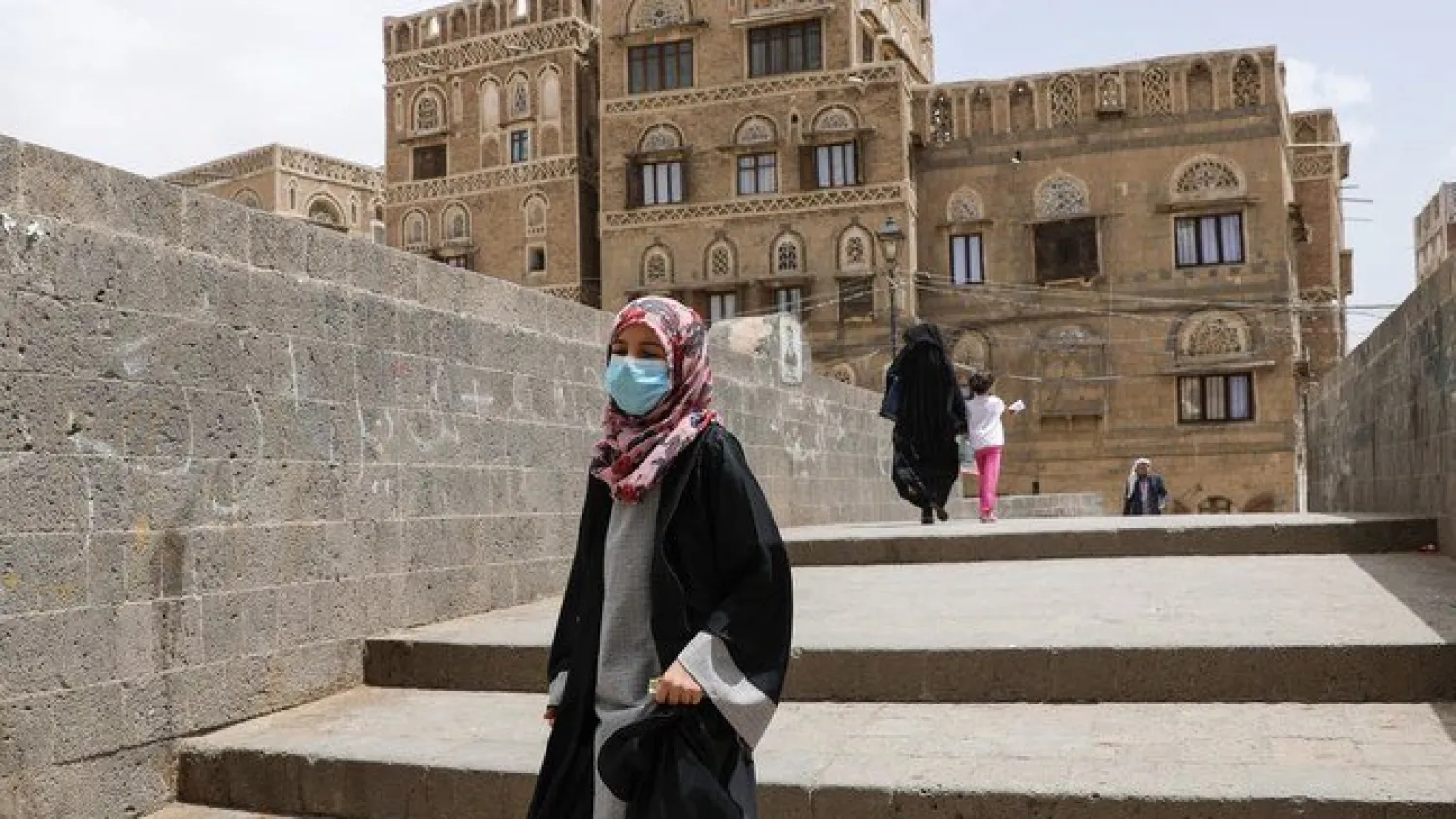Doctors Without Borders (MSF) warned of an alarming increase in Yemen's COVID-19 cases, saying there is a dramatic influx of critically ill COVID-19 patients requiring hospitalization in Aden, and many other parts of the country.
Head of Mission of MSF in Yemen Raphael Veicht urged all medical humanitarian organizations that are already present in Yemen to rapidly scale up their COVID-19 emergency response.
“International donors who cut their humanitarian funding to Yemen must also act quickly.”
MSF medical coordinator in Yemen Line Lootens said that many of the patients are already in a critical condition when they arrive.
“Most patients need very high levels of oxygen and medical treatment. Some patients also require mechanical ventilation in the ICU, which is technically difficult and requires a very high level of care.”
Last Tuesday, Yemen’s supreme national coronavirus committee called on the government to declare a public health “state of emergency,” after a surge in the number of infections.
The committee also called for preparing health centers and hospital, and provide medical staff with personal protective equipment, urging implementation of a partial curfew in anticipation of a second wave of the pandemic.
Yemen currently records about a hundred coronavirus cases daily, but experts estimate the numbers are higher due to a lack of tests.
To date, Yemen recorded about 3,900 COVID-19 cases and 820 deaths.









